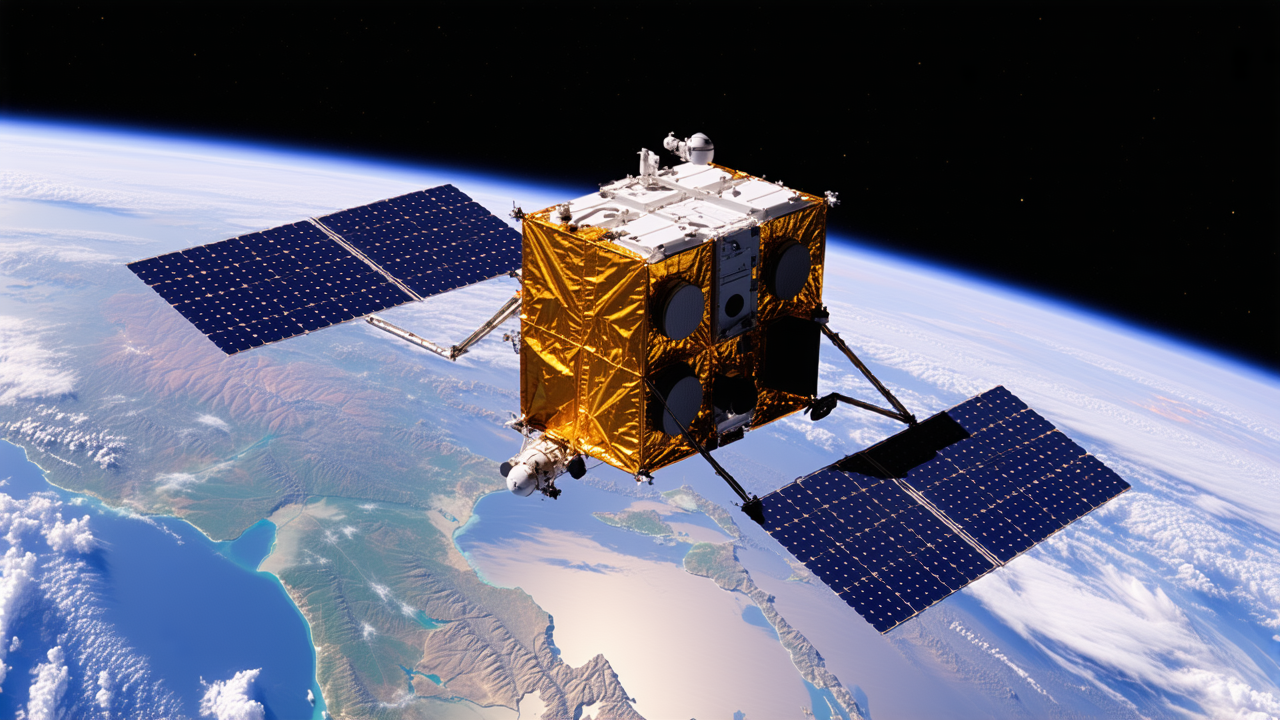New Zealand's Space Mission Challenges and Political Responses
Keywords: New Zealand, MethaneSAT, space mission, Labour Government, Christopher Luxon, MBIE, space industry, technical issues, transparency, mission control, University of Auckland, automation, satellite challenges, political responsibility, space technology, operational delays, New Zealand Herald, NZ Herald, space investment, lessons learned, space exploration, satellite data, solar activity, thruster issues, safe mode, fault detection, radiation-hardened components, mission operations, space mission review, public accountability, space industry challenges, New Zealand space program, MethaneSAT mission, space technology challenges, space mission oversight, New Zealand space policy, space mission management, satellite operations, space mission data, space mission delays, space mission transparency, New Zealand government, space mission challenges, space mission lessons, space mission investment, space mission performance, space mission evaluation, space mission success, space mission failure, space mission challenges, space mission transparency, space mission oversight, space mission management, space mission data, space mission delays, space mission transparency, space mission evaluation, space mission success, space mission failure
Back to News List
Tuesday, 15 July 2025
New Zealand's recent space mission involving MethaneSAT has faced significant challenges, prompting questions about oversight and transparency. The mission, initially funded by the previous Labour Government, encountered operational delays and technical issues that raised concerns among the local space industry. Prime Minister Christopher Luxon has shifted responsibility to the Ministry of Business, Innovation and Employment (MBIE), stating that the decision to invest was made by the previous government. However, the satellite's launch and operation occurred under the current coalition government, leading to calls for a review of the investment to prevent future mistakes. The Ministry has been engaged in discussions with MethaneSAT partners, addressing staffing and operational challenges. Despite these issues, MethaneSAT has maintained that it has been truthful in disclosing operational problems, attributing delays to the use of new technology and the need for automation. The University of Auckland's mission control team, which was expected to play a key role in the mission, expressed disappointment but noted that the facility will continue to support future missions. As the investigation into the satellite's issues continues, the focus remains on learning from the experience to improve future space endeavors.
